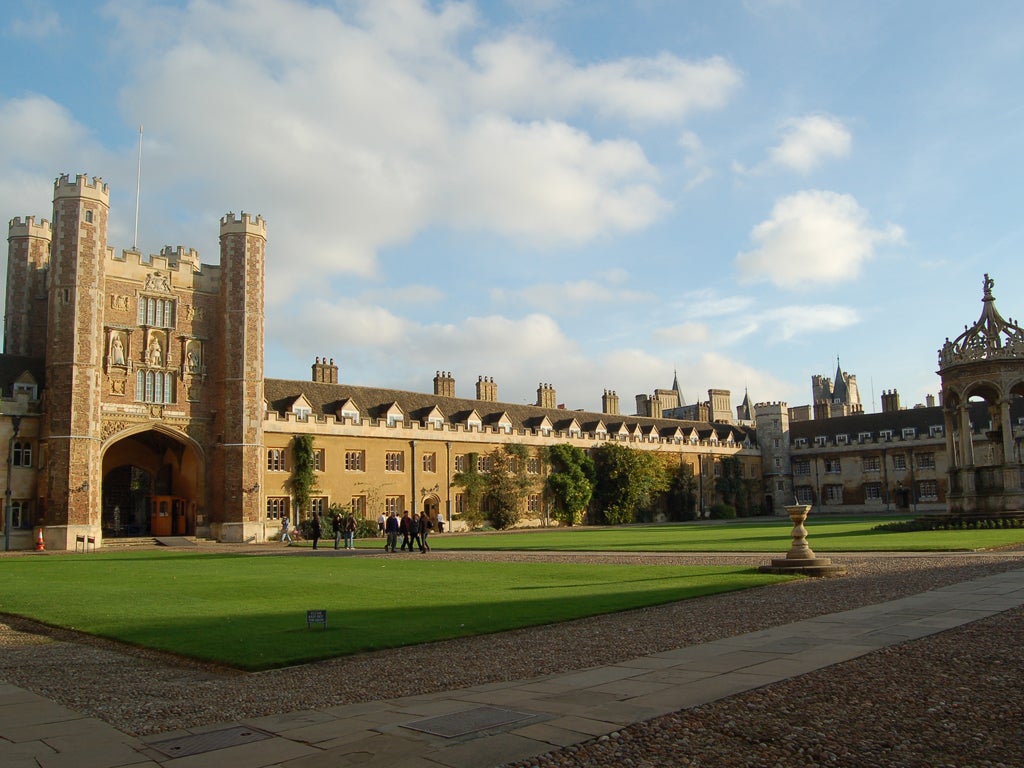Oxbridge hacker pleads guilty

Lewys Martin, 21, was charged last November for attempting to cause disruption to the public-facing websites of Cambridge University, Oxford University and Kent Police.
The technique used, known as a DDOS attack, involves overwhelming servers with requests for information. Websites were temporarily disrupted but no data was compromised or accessed.
Martin, previously of Dover Road, Walmer, Kent, was today granted conditional bail at Maidstone Crown Court after admitting five offences of unauthorised modification of computer material, two of securing unauthorised access to computer material with intent, and two of making, supplying or obtaining articles for use.
Known online as ‘Sl1nk’, Martin was previously jailed for 18 months after stealing passwords and credit card details from players of the video game Call of Duty and selling the information online.
While on bail, he and an accomplice were caught attempting to burgle Walmer Science College in Kent.
DCI Tom Richards of Kent Police said: “We have robust systems in place to prevent our website being compromised. The attack on ours and other public-facing websites was serious and Martin’s intention was to cause as much disruption and failure as possible.
“Anyone who thinks of carrying out these types of attacks will be tracked down and brought before the courts to face the consequence of their actions.”
Prosecutor Ken Goss said: “Cybercrime is a rapidly expanding area of criminal activity and can take many forms.
“In this case, Martin was attacking not only large organisations, but individuals. Anyone who has been the victim of cyber crime knows how devastating it can be, but for organisations, the impact can be just as damaging, both to their business and their reputation.
“Both Oxford and Cambridge Universities estimate that around two weeks’ worth of man hours were spent, dealing with the cyber attacks.”
Martin will be sentenced in May.
Join our commenting forum
Join thought-provoking conversations, follow other Independent readers and see their replies
Comments
Bookmark popover
Removed from bookmarks